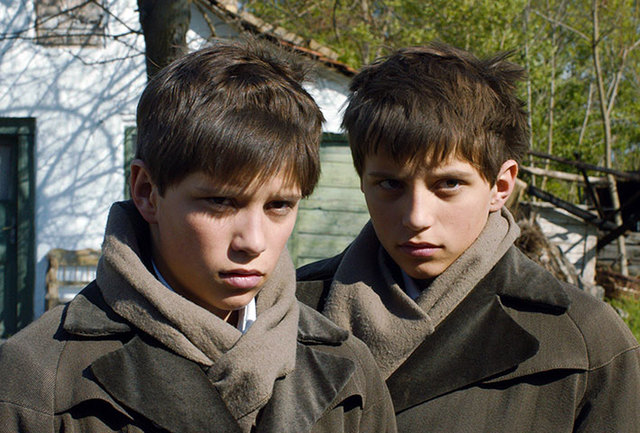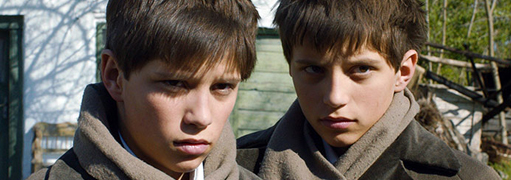Film Review: The Notebook (Le Grand Cahier)
Wwii Chiller Illuminates The Art Of Survival


Latest Article|September 3, 2020|Free
::Making Grown Men Cry Since 1992

